The Bosniaks
To begin with, the country’s largest ethnic community will be able to choose among a range of familiar, very familiar, faces for their representatives in the four years to come. The race for the state presidency is a tight one between five primary candidates.
Bakir Izetbegović
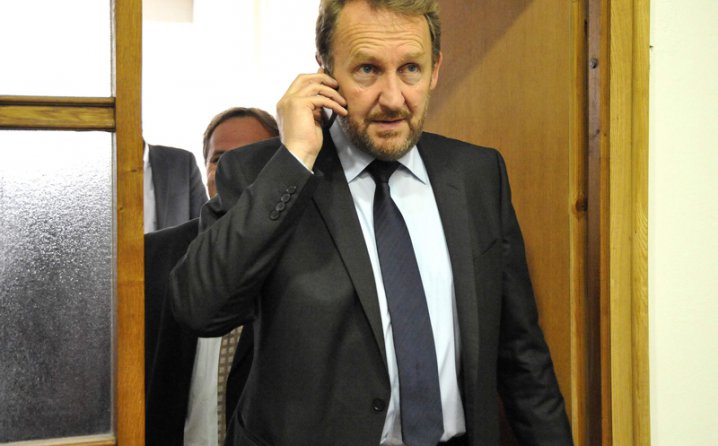
The incumbent, son of the country’s war-time President Alija Izetbegović, and now de-facto leader of the Bosniak nationalist Party of Democratic Action (SDA). Closely aligned with Turkey’s Erdogan, Izetbegović has behind him one of the largest political machines in the country. Though, as with virtually every major party in the country, the SDA is widely suspected of corruption, influence peddling, and more or less every other form of political criminality, no other movement has emerged in the two decades since the end of the war to challenge their hold on the conservative Bosniak base. The party’s terrifying, Erdogan-like political “Official Video,” however is still a sight to behold.
Emir Suljagić
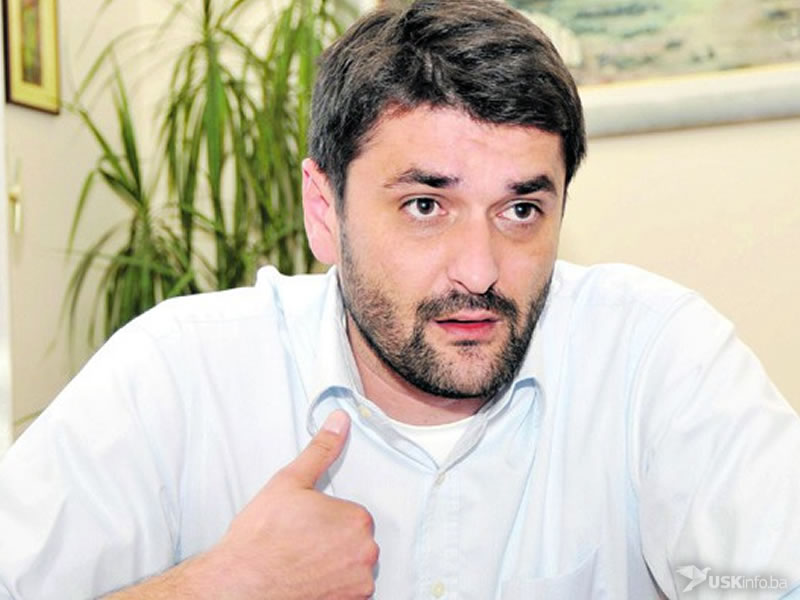
A Srebrenica genocide survivor, founder of the 1st of March civic coalition, and member of Željko Komšić’s new multi-ethnic Democratic Front (DF) party. Suljagić was a shock entrant and arguably represents one of the most serious challenges to Izetbegović’s incumbency. With an established record of defending Bosniak interests in the Serb-dominated RS, as well as an ability to form unlikely coalitions, Suljagić has attempted to present himself as a man of action. Suljagić was formerly the Minister of Education in the Sarajevo Canton but was driven out of the post when he opposed the use of Religious Studies grades in determining student GPAs. Thereafter, he headed the team for Ćamil Duraković’s successful run for Srebrenica mayor. An articulate and competent strategist, his election would constitute some of the first real new blood in BiH electoral politics in years.
Fahrudin Radončić
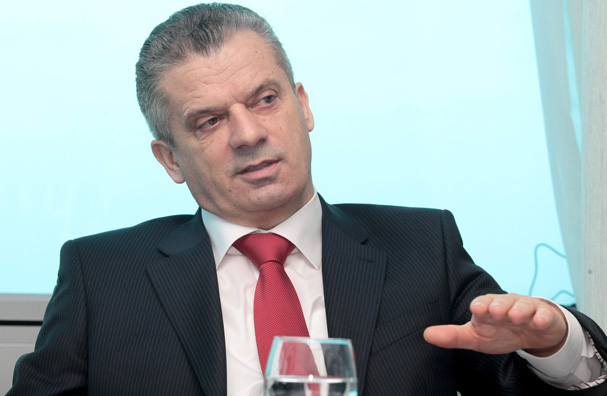
Owner of the largest daily in the country, Dnevni Avaz, founder and leader of the Alliance for a Better Future (SBB). The Montenegrin-born Radončić is a controversial figure, known to some as the “Bosnian Berlusconi,” with a history of known associations with prominent Balkan crime lords. He was sacked as BiH Security Minister after the SDA accused him of having orchestrated the February protests and otherwise having failed in his responsibility to protect vital state institutions. A business-magnate, Radončić was believed capable of challenging the SDA’s domination a few years ago but has since become a political hot potato—with no discernable strategy to speak of. This may be his last chance to make a significant play for power in the country.
Mustafa Cerić
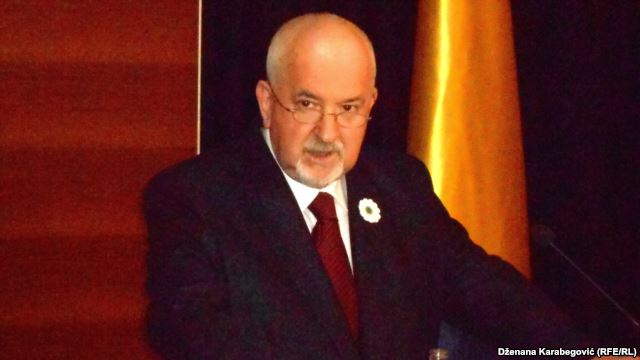
The former head of the Islamic Community (IZ), one-time global face of “moderate Islam,” and independent candidate. Cerić’s candidacy represents a troubling mixing of church and state, at least to an extent not as explicitly seen before in BiH. What Cerić is counting on is that as former Grand Mufti of BiH, he will be able to sway enough of the conservative Bosniak vote with his religious stature to oust Izetbegović from his post. Unfortunately for Cerić, his lack of political backing will be a huge disadvantage. Nevertheless, as a man of the cloth, Cerić can hope that he will be believable as the one distinctly “honest” candidate in the running. He has no hope of securing much of the secular, left-wing vote, however, as his rumored proclivity for material luxury and social conservatism have made him anathema to the young and educated.
Bakir Hadžiomerović
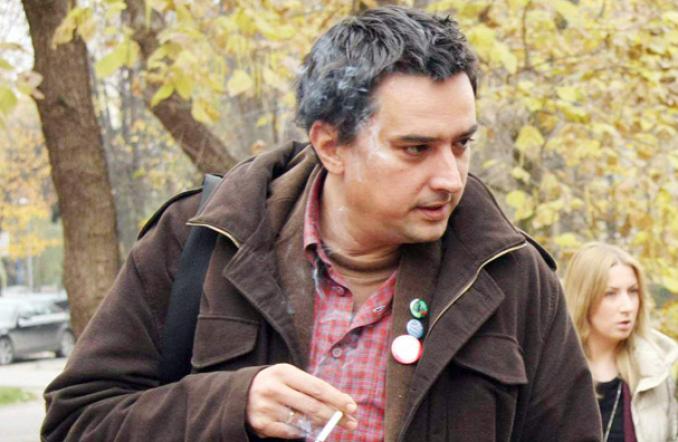
Former host of the 60 Minutes TV program, known for his confrontational investigative journalism, member of the multi-ethnic Social Democratic Party (SDP). Hadžiomerović was another surprise pick, as he has no previous political experience and after a string of public disputes with various media houses, had settled into his most recent gig: front-man of the rock band Grafit. Along with Suljagić, he is hoping to appeal to the progressive and secular end of the Bosniak political spectrum, though with the precipitously declining popularity of the SDP, he is more likely to play spoiler to Suljagić’s more realistic candidacy.
The Parties
As for the party prospects, the most probable outcome is the SDP facing near total decimation, as polls consistently indicate that a large segment of the progressive vote has shifted to the newly formed DF. Nevertheless, the SDP, like the SDA, is a political machine and their ability to get out the vote can never be dismissed out of hand.
It’s also difficult to tell how exactly the “Bosnian” vote will manifest. The Bosniak political spectrum on its left most edges, as with the Croats and Serbs, bleeds into a secular-civic project, embracing a Bosnian, rather than Bosniak identity. This group has traditionally been the core of the SDP’s and now, perhaps, the DF’s support. It has also constituted the majority (though not entirety) of the generally “pro-Bosnian” crowd in BiH, hence I include them (admittedly, problematically) in the Bosniak section. In any case, whether this much-disillusioned base manifests at the polls will mean all the difference for the two main social democratic, multi-ethnic parties in BiH but also, as I will go on to explain, possibly the two Croat HDZs.
Indeed, the lower the turnout, the more likely we are to see the incumbents, that is, the SDP and SDA do well at these elections—both at the state level and in the Federation. All the same, media speculation has consistently floated the possibility of a SDA-DF-SBB post-election coalition (on a broadly “anti-corruption” oriented ticket), possibly accompanied by a number of Croat parties and possibly even the Serb SDS, depending on the outcome of the elections in the RS. How accurate these predications will prove to be is difficult to tell, as BiH media frequently operates on the level of conspiracy and conjecture and political horse-trading, more broadly, resembles something out of the Game of Thrones.

